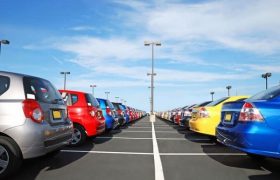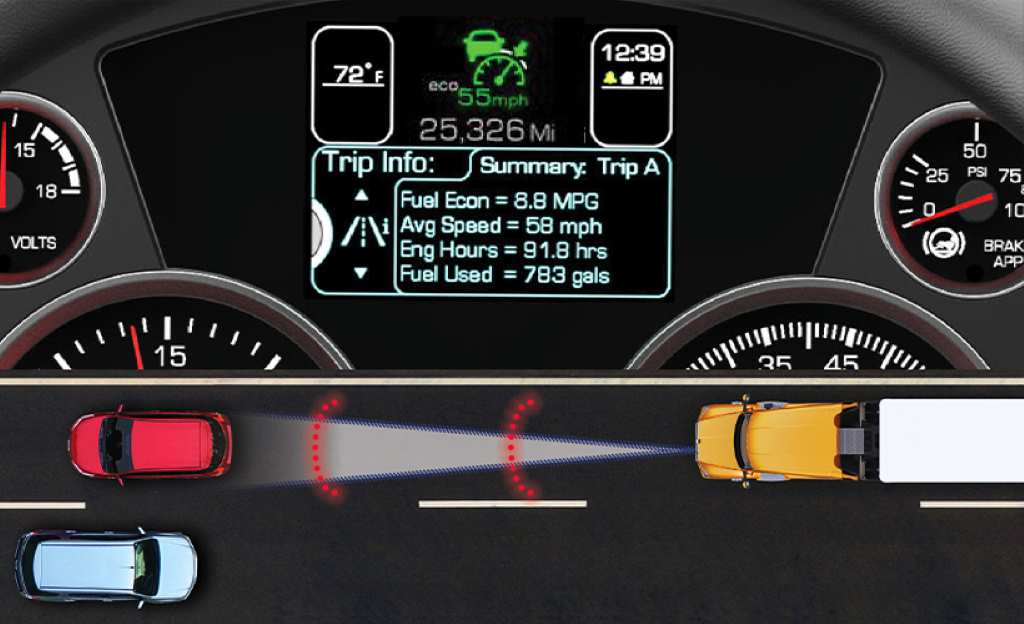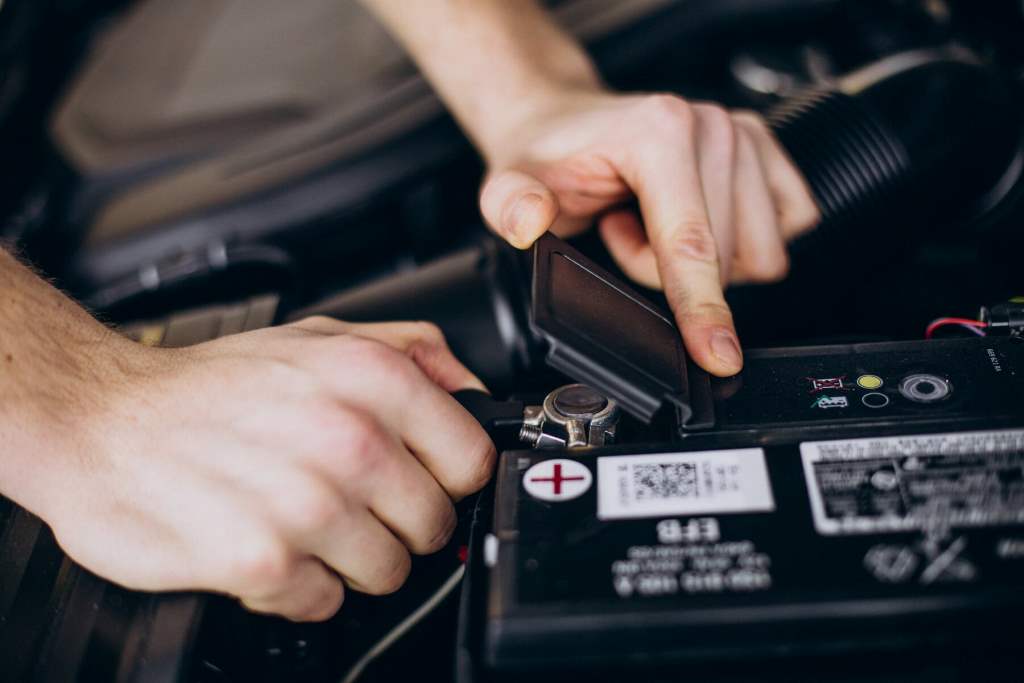Choosing your next vehicle can be a laborious process, and paralyzing fear can prevent you from deciding. So, to avoid analysis paralysis, you need to do a formal cost-benefit analysis of buying a new or used vehicle.
What follows is some help to figure out all the positives and negatives of buying a new car, the pluses and downsides of buying used, and some help to sort out which direction you ultimately should go.
Buying New Cars
You get plenty of goodies when you buy a new car. For example, if you are in Baton Rouge, you will want to head straight to the Nissan Dealership Baton Rouge for an incredible deal that includes plenty of sweeteners. But, beyond the fancy features of any new car offer, like getting a cashback return and easy financing, new cars will have better standards, more features, and a redesigned aesthetic that will be more pleasing to contemporary tastes.
Also, buying new means getting to keep the car for the entirety of its lifespan. Next, new vehicles will have a better fuel economy. Finally, reduced initial maintenance costs could save you money over the long haul.
Buying a new car can be an enormous decision, as many new vehicles will rival your house payment in terms of monthly costs. That can be a burden too heavy to bear, and few people love fresh car smell enough to throw money at their next car that they are not spending wisely.
Another downside to a new car is that it will not be cutting edge sooner than later. Makes and models change rapidly, making it tough to stay current. So buying a new vehicle must be a calculated decision where you stand to gain more than you lose in terms of costs.
Buying Used Cars
One of the first and most obvious benefits of buying a used car is the savings. A vehicle loses around half its value when you drive it off the lot for the first time. So, a wise mind will know that means significant savings buying used. Another substantial benefit of buying used is lower insurance premiums for a less valuable vehicle.
Finally, a quarter of a car’s harm to the environment comes during manufacturing and shipping. So, know that buying used can be beneficial. You will want to consider the good it will do for your wallet and the environment.
One of the more significant downsides to buying a used car is the selection. Used cars come into a dealership as people choose to sell them, and you will find an odd assortment of vehicles to choose from if you only consider buying used.
Another significant negative part of buying a used car is understanding that it will undoubtedly stay on the road for much less time than a new car. While a used car is undoubtedly the right decision for some, there are bound to be some positives and negatives to buying a used car.
A Comparative Analysis
There is no absolute rule of thumb to favor buying new or used cars. Instead, it would help if you thought about how much value you place on the significant factors, primarily cost. For example, consider a used car if you want to spend as little as possible.
If any other factor is more substantial to you, think hard about what you stand to gain from buying new. Finally, calculate what is best for you before you buy. You do not want to repeat purchasing a car soon after your initial purchase because you choose wrong at first.
It is a long process people all have to go through before they are ready to purchase their next vehicle. Thinking about buying new versus used is part of ensuring you buy a high-quality car. So, now you know to figure out the pros and cons of new cars, the best and worst parts of buying used, and determine which will suit you best.
It would help if you analyzed the odds of purchasing the perfect car for you and your family before it comes time to sign the paperwork and drive away. Otherwise, you may come to regret the decision you make.




